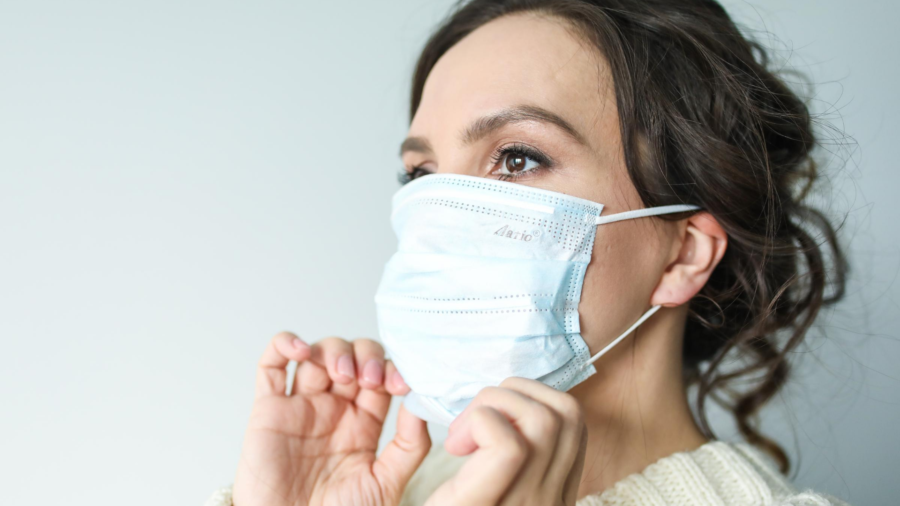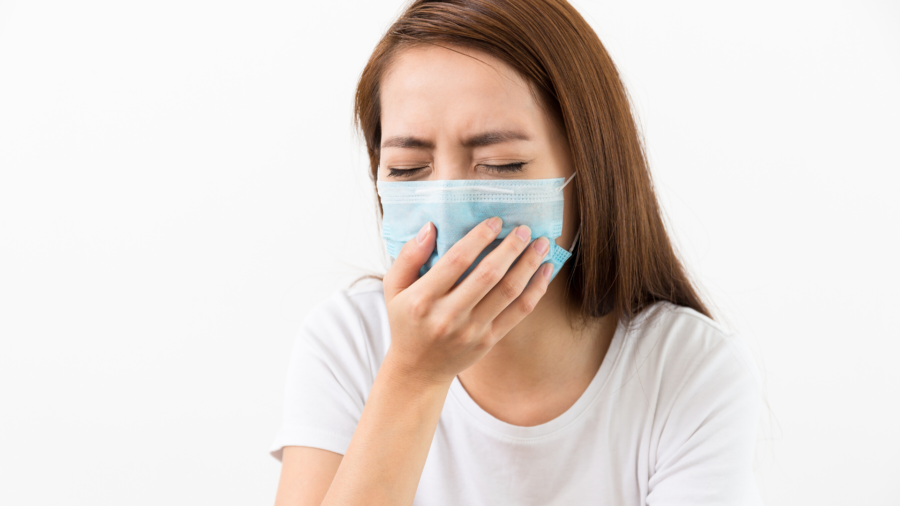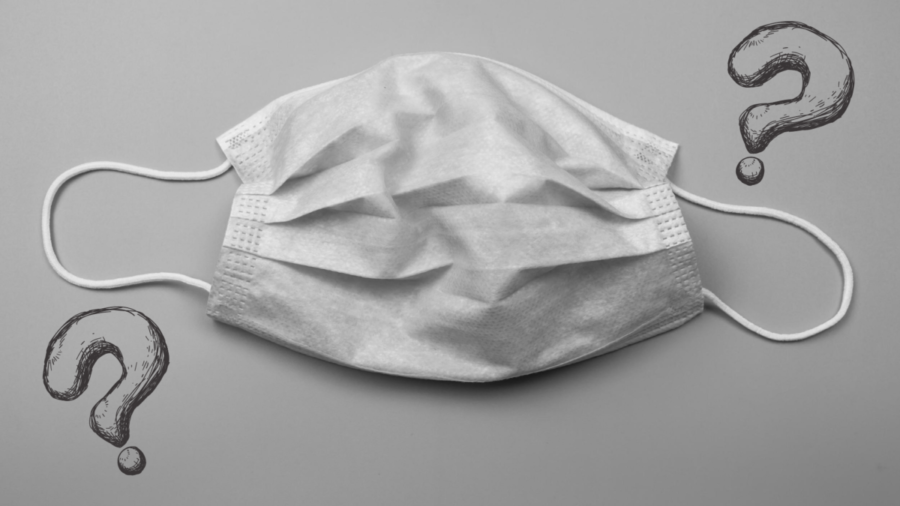From respiratory problems to just plain inconvenience, the never-ending debate about wearing a mask during the ongoing COVID-19 virus has many arguments on both sides. While some arguments can – and should – be considered, others seem to be somewhat lacking in accuracy. According to the healthcare experts at Medical News Today, here is a look at the most common myths about wearing a mask – and what to consider about each:
Argument 1: Masks Do Not Protect the Wearer, Only Those Around Them
This argument seems to cause the most dissent among the general public, since it would seem the only mask that is effective at protecting the wearer from the new Coronavirus. Even most mass-produced masks come with the disclaimer that they cannot prevent the wearer from contracting the new virus. While this may presumably make a case that masks are futile in this pandemic, public health organizations urge everyone to wear masks to protect those around them against airborne particles from asymptomatic patients or carriers of COVID-19. This is called source control and is proven to be an effective way to slow down the spread of a virus as well as reduce its numbers significantly until herd immunity kicks in.
Argument 2: There is not Enough Evidence About the Efficacy of Wearing Masks
According to Professor Trisha Greenhalgh of Oxford University – who has openly supported wearing masks:
“Mathematical modeling suggests that a face covering that is 60% effective at blocking viral transmission and is worn by 60% of the population will reduce R0 to below 1.0.”
– Prof. Trisha Greenhalgh
The R0, or Reproduction Number, refers to how many other people a single person can transmit infection to. So a virus with R05 can infect up to 5 people from a single infected person. In the case of SARS-COV-2, when the R0 is below 1, meaning each person infects less than one person, then the number of overall COVID-19 cases will begin to decrease over time.
Another study published in BMJ Global Health looked at the transmission of SARS-COV-2 in 124 families with at least one member infected and showed that face masks were “79% effective in reducing transmission if worn before symptoms occur.
Argument #3: Masks are Harmful to the Wearer and Can Increase Risk of Infection
Although it is true that masks can become contaminated and become a source of infection for the wearer, the CDC recommends that wearers always use clean face masks and avoid touching their mask or face. This can significantly reduce the amount of bacteria that the wearer breathes as well as reduce the chance of infection. When testing different mask fabrics, it was found that medical-grade masks are highly effective at blocking micro-organisms from reaching the wearer’s nose and mouth. When testing homemade fabrics, researchers found that “most home fabrics substantially block droplets, even as a single layer. With two layers, blocking performance can reach that of a surgical mask without significantly compromising breathability,”
However some wearers claim that masks exacerbate existing breathing problems, especially those with COPD or chronic asthma. There are those who also claim that wearing masks increases the wearer’s risk of developing pneumonia and other respiratory illnesses. While masks should never be worn when visibly damp or wet and should be replaced regularly, there is no evidence indicating that masks increase the wearer’s risk of developing pneumonia or other bacterial, viral, or fungal lung infections.
The World Health Organization does acknowledge that the same mask worn over long period of time may develop breathable microorganisms on its surface, the CDC recommends removing face masks as soon as the wearer returns home and washing before use again. This can help reduce the wearer’s risk of infection or exposure to harmful particles left on the mask.
While the debate over the safety and efficiency of face masks continues throughout the pandemic, it is still essential that everyone do what they can to maintain social distancing and protect themselves and those around them. This includes regular hand washing, physical distancing, wearing a mask – if at all possible – in public and limiting exposure to public places and large groups of people.
C3 has remained and will continue to remain open during these unprecedented times to help adjusters and insurance professionals successfully adjudicate claims of all kinds. Call us at (512) 519-9069 for a free consult with a cost containment professional or click the button below to get in touch!




